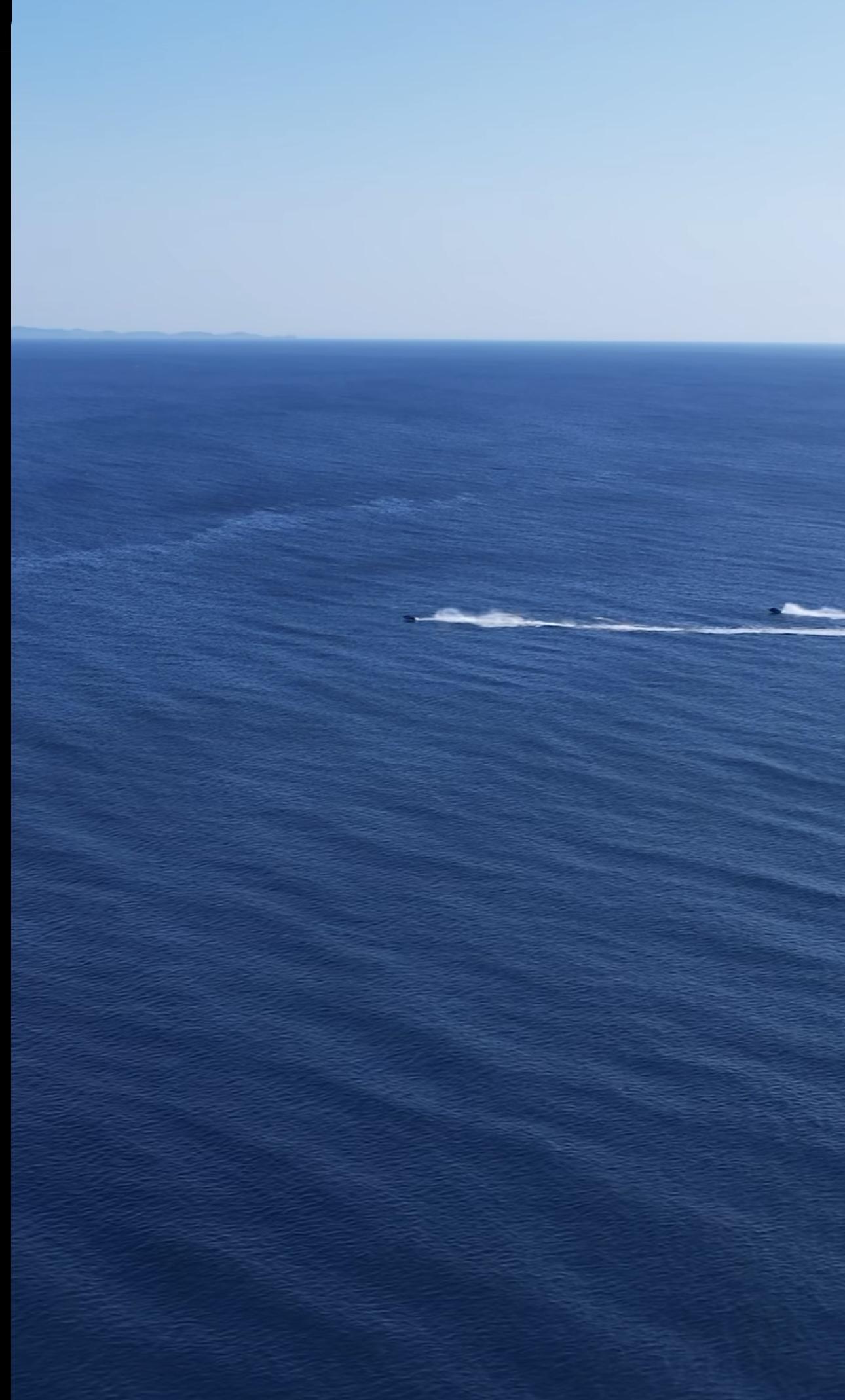
(A Local’s Guide from Saranda)
Let me guess — you’ve seen a few listings along the Albanian Riviera, maybe even stumbled across a gorgeous seaview apartment in Saranda or a white villa tucked into the hills of Borsh, and thought… “Wait, is it really this simple to buy property here?”
Short answer: yes.
But also… not always.
There is a process. And if you’re coming from abroad, it can feel a little confusing at first. But that’s why I’m writing this — to walk you through everything you need, step by step, in plain language. No jargon, no salesy talk — just the kind of advice I’d give a friend over a coffee at Limani.
First Things First: Yes, Foreigners Can Buy in Albania
I still get this question every week.
Yes, if you’re not Albanian, you can legally purchase property here — including apartments, villas, off-plan developments, and commercial spaces. The only limitation is on buying land, but there are solutions for that too (like forming a company). More on that in a bit.
In fact, last week I showed a lovely Belgian couple a 2-bedroom apartment in Ksamil — brand new, full sea view, just minutes from the beach. When they saw the balcony, they looked at each other and said, “This is it.” That moment is why I love this job.
So… What Documents Do You Actually Need?
Here’s the core list, whether you’re buying a finished apartment or something still under construction:
1. A Valid Passport
Simple but essential. It’s your primary ID.
Tip: Make sure it’s valid for at least 6 months beyond your purchase date, especially if you’re opening a bank account or planning to stay long-term.
2. Your NUIS Number (aka “Albanian Tax Number”)
This one surprises most foreign buyers. It’s kind of like a fiscal number — you’ll need it to be registered as the property owner. Don’t worry — it only takes a few hours at the local tax office (DPT), and if you’re buying with us at VivaView, we usually handle it for you.
3. Purchase Contract (Kontrata e Shitjes)
This is the legal agreement between you and the seller (usually notarized). If the property is under construction, this might initially be a “Pre-Sale Contract” — still fully binding.
4. Property Certificate of Ownership (Certifikata e Pronësisë)
This is the document — the official government-issued proof that the seller owns the property. In Albania, we use a digital cadaster system now (called ASHK). If you’re buying new construction, this certificate might still be in the name of the developer and transferred to you after completion.
Here’s an example:
In White Residence Villas, we provide full documentation and certify ownership after the final installment is paid. Everything is done transparently through a public notary.
Bonus Docs You Might Need
These aren’t mandatory for everyone, but they often come up — especially with resale or larger transactions:
• Power of Attorney (if you’re not present in Albania during signing)
• Bank Transfer Confirmations (some notaries ask for payment proof)
• Company Registration Certificate (if you’re buying land through a legal entity)
• Construction Permit + Usage Certificate (for new builds — we always include these at VivaView)
Notary: The MVP of the Process
Every property deal in Albania is closed in front of a licensed public notary. They’re like the referee — impartial, legal, and essential.
The notary will verify all the documents, translate the contract if needed (into your language), and ensure everything is registered correctly.
They’ll also request your passport, tax number, and a copy of the property certificate.
Note: There’s usually a 1–2% notary fee, depending on the property price.
Artículos Relacionados:
Can foreigners open a bank account in Albania? Learn how the process works from a Saranda-based real estate expert.
Discover why business and property costs in Albania remain lower than most EU countries, from Saranda to the Albanian Riviera.
